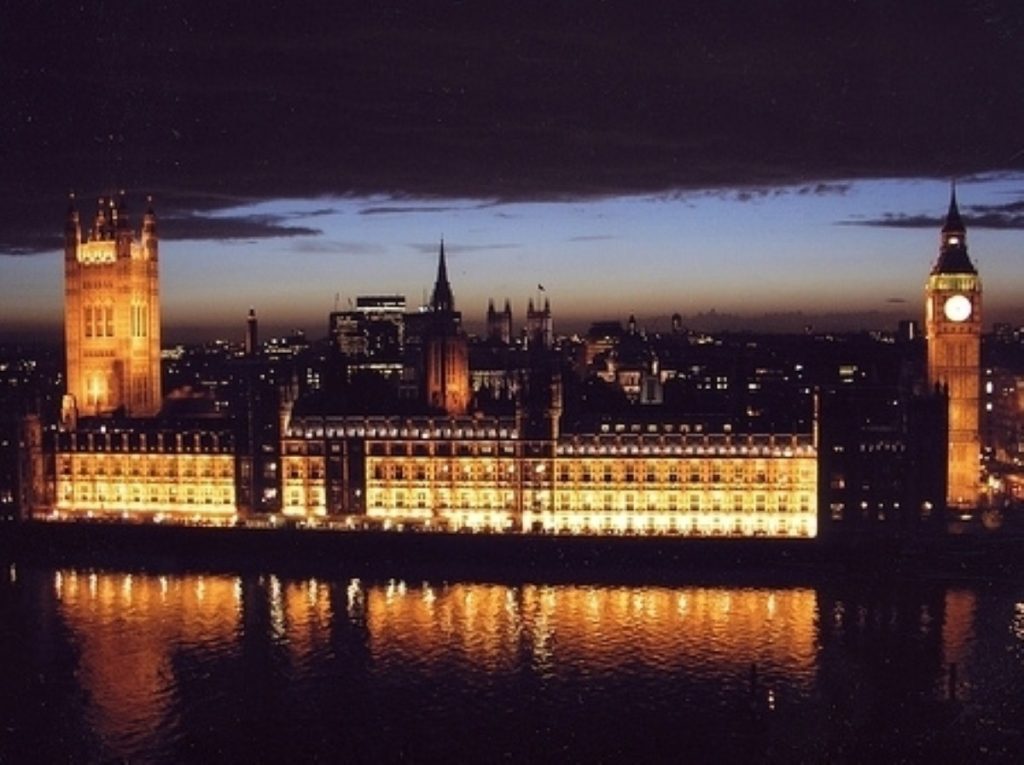Electoral reform rebels hold fire – for now
Conservative opponents to the coalition’s electoral reform plans registered dissent but did not rebel in large numbers in Monday evening’s Commons vote.
The voting system and constituencies bill, which paves the way for a referendum to be held next May on shifting to the alternative vote (AV) system, passed its second reading stage in the Commons by 328 votes to 269.
Many Tory backbenchers made clear they are are opposed to the vote taking place on the same day as local elections in England and for devolved bodies in Scotland, Wales and Northern Ireland, however.


A total of ten Tory MPs voted against the bill. It was the first rebellion David Cameron had faced in the Commons, but much more modest than some of the predictions going into the debate.
“We must avoid a situation where the legitimacy of such a major constitutional change can be called into question,” former shadow home secretary David Davis told the Daily Mail newspaper.
Deputy prime minister Nick Clegg said as he began the Commons debate: “These reforms are the bare minimum any parliament serious about political renewal must deliver.
“When a big question mark hangs over something as important as the electoral system, the only way to resolve that dilemma is to let people have their say.”
He argued his plan to cut the number of MPs from 650 to 600 would end existing discrepancies in constituency sizes, pointing out that ten voters in Glasgow North have the same weight as 17 voters in Manchester Central.
The prime minister’s spokesman said David Cameron was to journey to the Commons to participate in the vote, despite not officially returning to work from paternity leave until tomorrow.
“We both recognise that there are concerns about the current system,” Mr Cameron and Mr Clegg wrote in an article for the Sunday Telegraph yesterday.
“And we agree that the decision is not, in any case, for government alone. It should be taken by the people themselves. That is why both our parties support putting this question to a referendum next May.”
Downing Street said the government’s political reform programme was an important part of the coalition’s agenda which “we’re committed to seeing through”. Ministers want to see the legislation become law by the end of the year so the referendum can be held at the same time as next May’s elections.
The opposition focused on plans to reduce the size of the Commons, which gave Labour an angle of attack after their election manifesto supported electoral reform.
Shadow justice secretary Jack Straw had accused the government of “gerrymandering” before the summer break, which ended yesterday.
Labour believes the move would reduce the influence of its northern industrial strongholds and lead to an over-representation of the Tory vote.
Last night, Mr Straw told MPs that millions were missing from the electoral register, concentrated among the young, private sector tenants, black and ethnic minorities and those living in metropolitan areas, small towns and coastal areas with significant population turnover.
“This is a deeply flawed and partisan bill. It will do much harm and sow a great deal of division,” he finished.
The opposition amendment condemns the bill for “imposing a top-down, hasty and undemocratic review of boundaries, the effect of which would be to exclude millions of eligible but unregistered voters from the calculation of the electoral average”.
Ministers argue they intend to reduce discrepancies between the number of voters in each constituency, however.
The Guardian newspaper reported Labour whips were contemplating appealing to Tory MPs to block the proposed measures.









